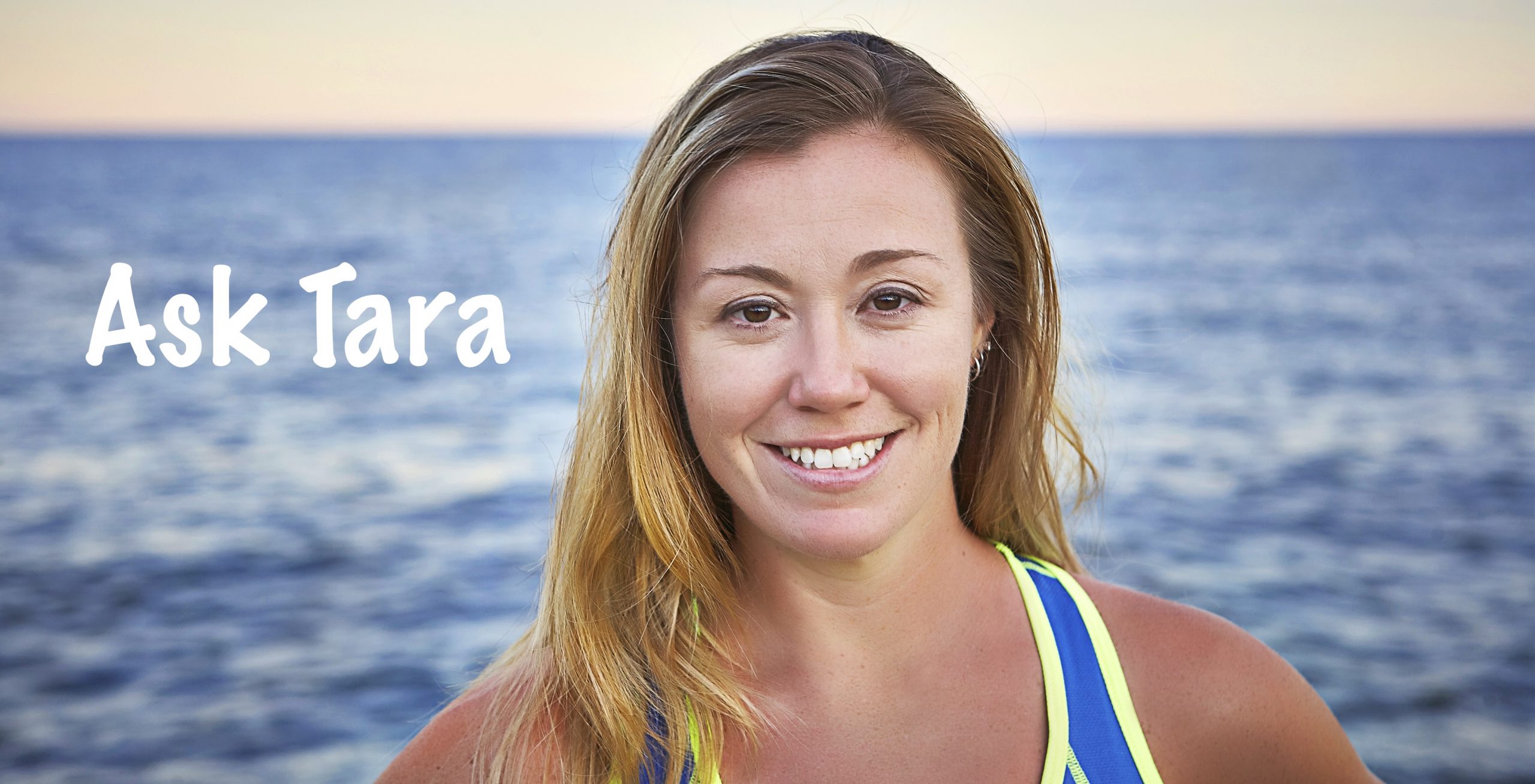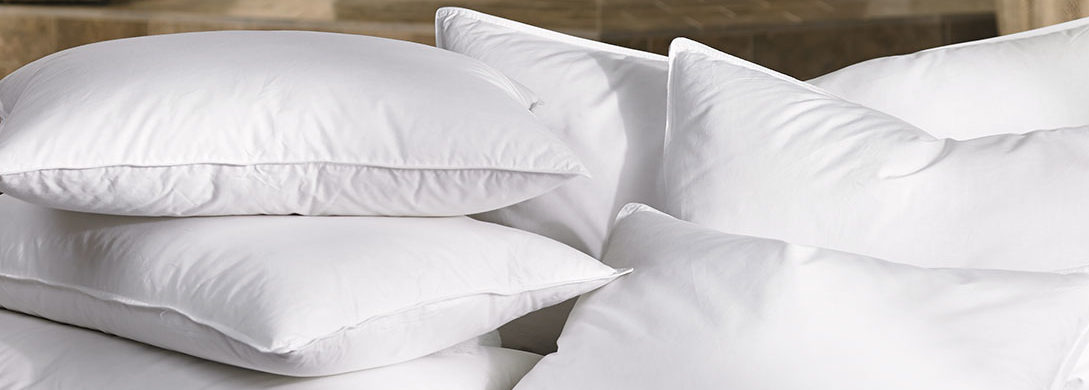
Success Story: Julie Parent
August 9, 2016
Do you cool down? If not you might be missing something!
August 26, 2016Sleep More!
Whether you are an athlete or active-for-life, sleep is an important part of your recovery strategy for performance and for general health. Sleep is overlooked and under prioritized by many. But making a point to prioritize your sleep will have profound improvements all around. Sleep allows the body to rest and repair itself. The brain and other organs are still active while you sleep but it’s a lower grade activity. Sleep is absolutely essential to a healthy body and mind. Impaired sleep patterns and sleep deprivation impair mental and physical function. Too little sleep increases your tendency to over eat and gain weight. Too little sleep also reduces your immune system and increases your risk of getting sick. Aim for 7-9 hours of sleep and try to get a couple of those hours before mid night. Women tend to need more sleep them men. Athletes also need sleep to help with recover from the stresses of training.
Poor sleep or lack of sleep has been linked to:
-mental fatigue
-physical fatigue
-weight gain
-poor performance
-poor recovery from workouts
-increased illness/sickness
Quality vs Quantity:
While we should aim for 7-9 hours per night of good sleep, Sleep quality is just as if not more important than sleep quantity, so if you have trouble sleeping, here are some tips to improve sleep quality:
-establish a sleep schedule and stick to it. Go to bed and get up at the same time every day.
-No screens for 30-60 mins before bed.
-sleep in a cool, dark room.
-avoid caffeine in the afternoon, and limit or avoid alcohol before bed.
-keep a note pad and pen by your bed to jot down thoughts to get them out of your head.
Want to know more. Check out this great infographic from Precision Nutrition.
Natural sedatives
1. Magnesium- is a nervous system relaxant that can help you calm your mind and body to produce sleep. Start small with 250mg of magnesium citrate before bed and see if that helps. Increase your dosage to bowel tolerance (soft, incomplete stools) then back off a bit to find an ideal dose.
2. Melatonin can be effective if your levels are low. 3-9mg of melatonin can be used short term to help restore your circadian rhythm after time zone changes or periods of stress and impaired sleep. Many of us are deficient in melatonin and I’ve heard it be said that melatonin may be the new vitamin D.
3. 5-HTP is derivative to tryptophan that is closer to serotonin. Take 5HTP with juice to drive the other amino acids into your cells so 5HTP does not have to compete for transport across the blood brain barrier. Approximate dosage is 100-200mg.
4. Herbals. Valerian root, passionflower, lemon balm, chamomile, and skull cap are all great sleep promoting herbs. Try a blend of these teas 45 minutes before bed to help with relaxation.
Other resources:
And if you’ve got time for a great video, check this out from the Nature of Things




